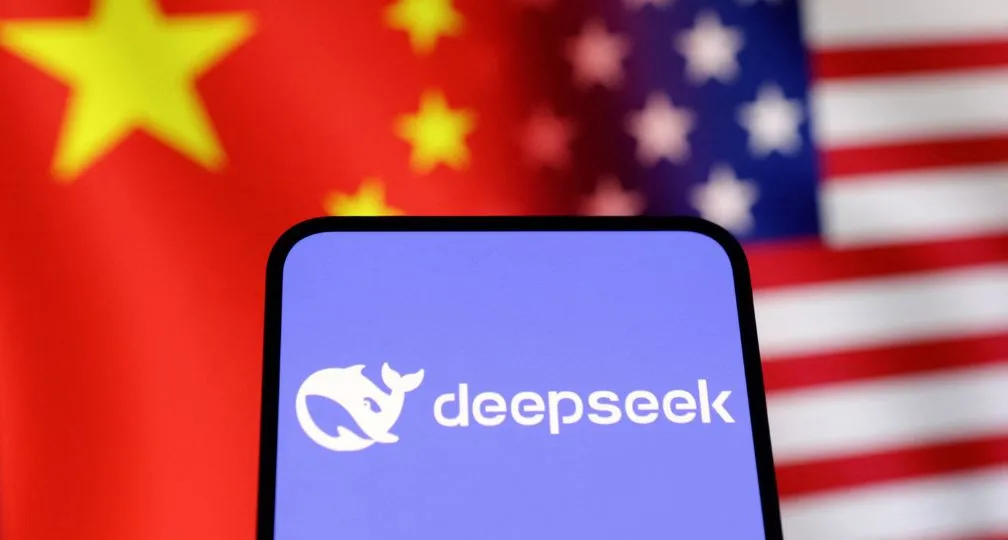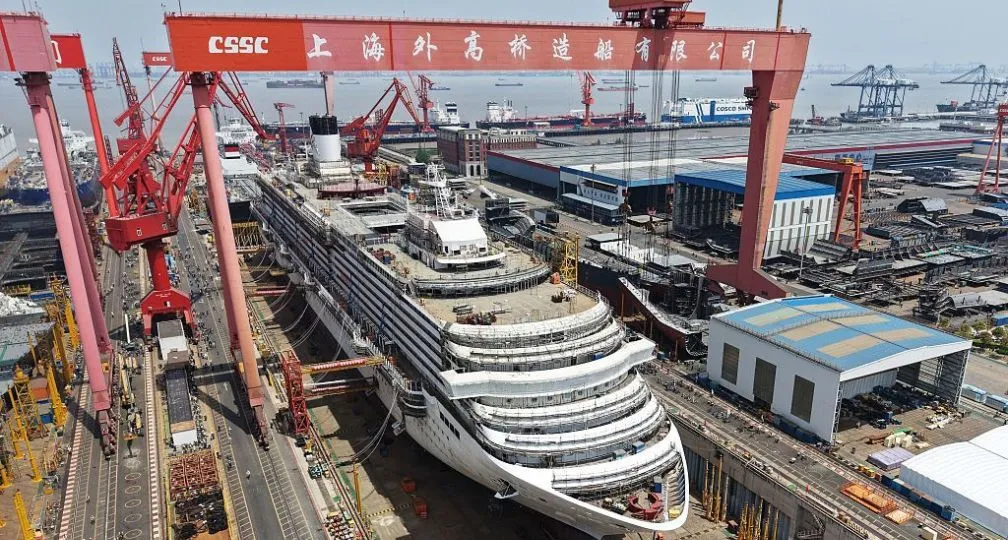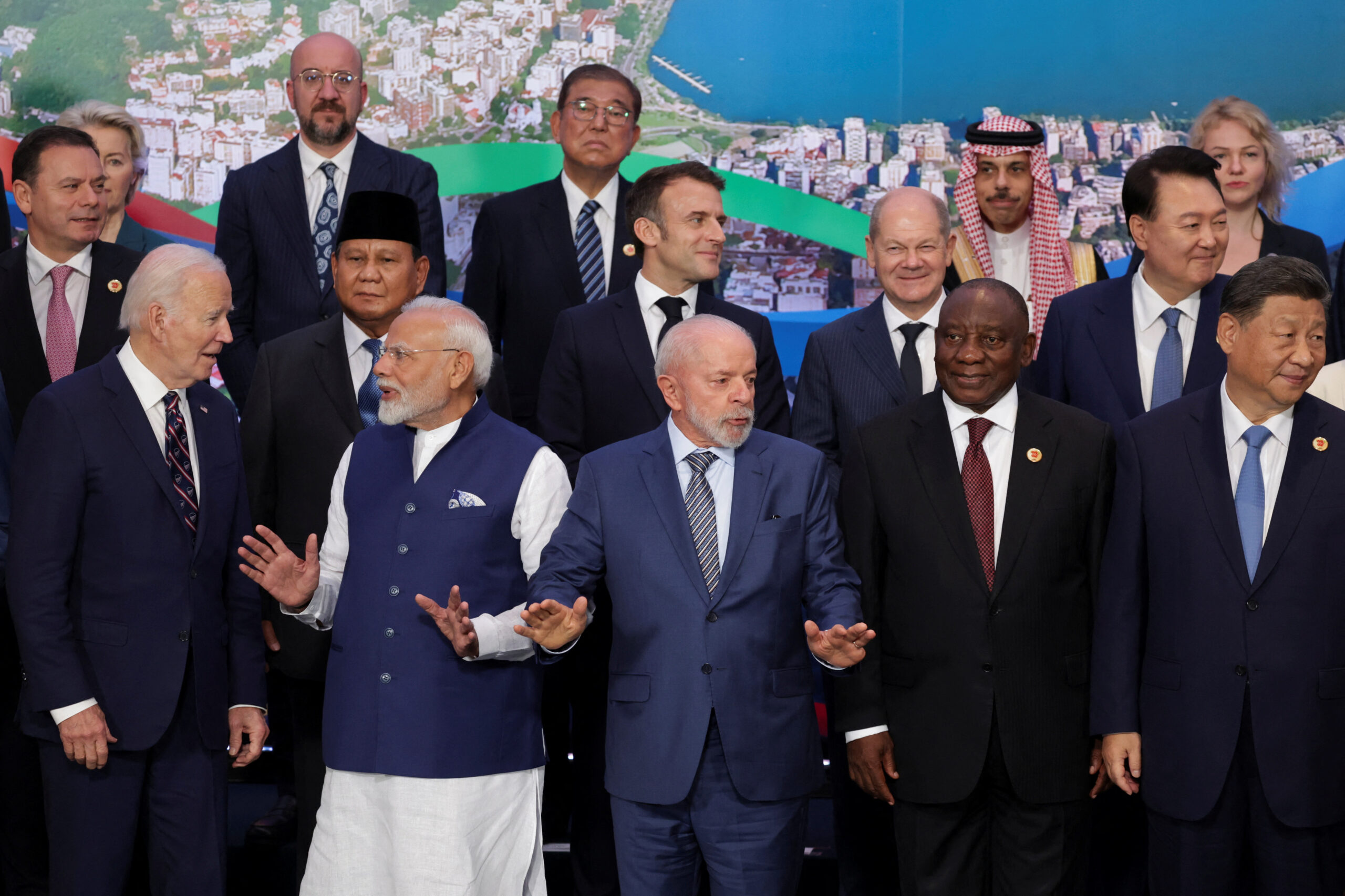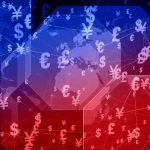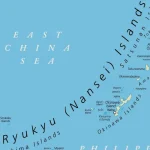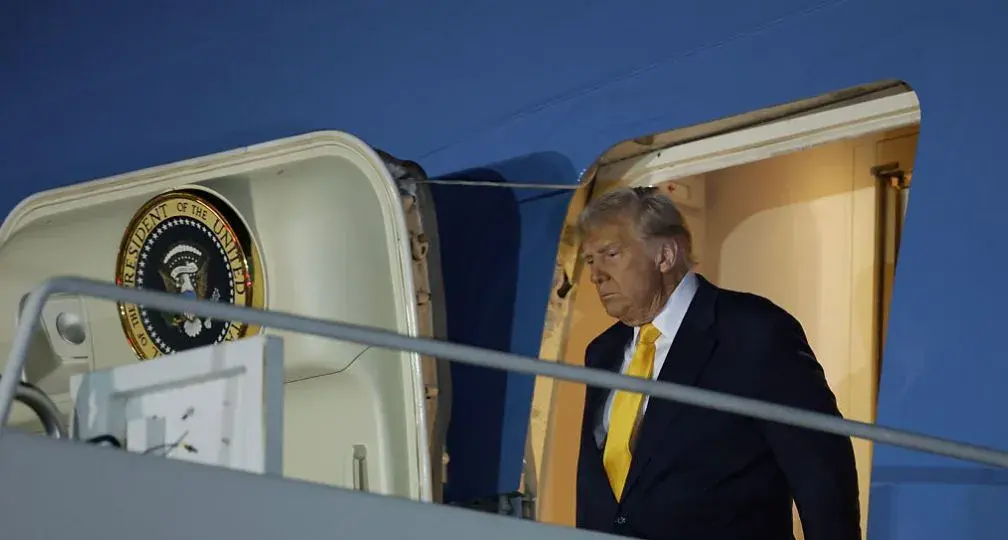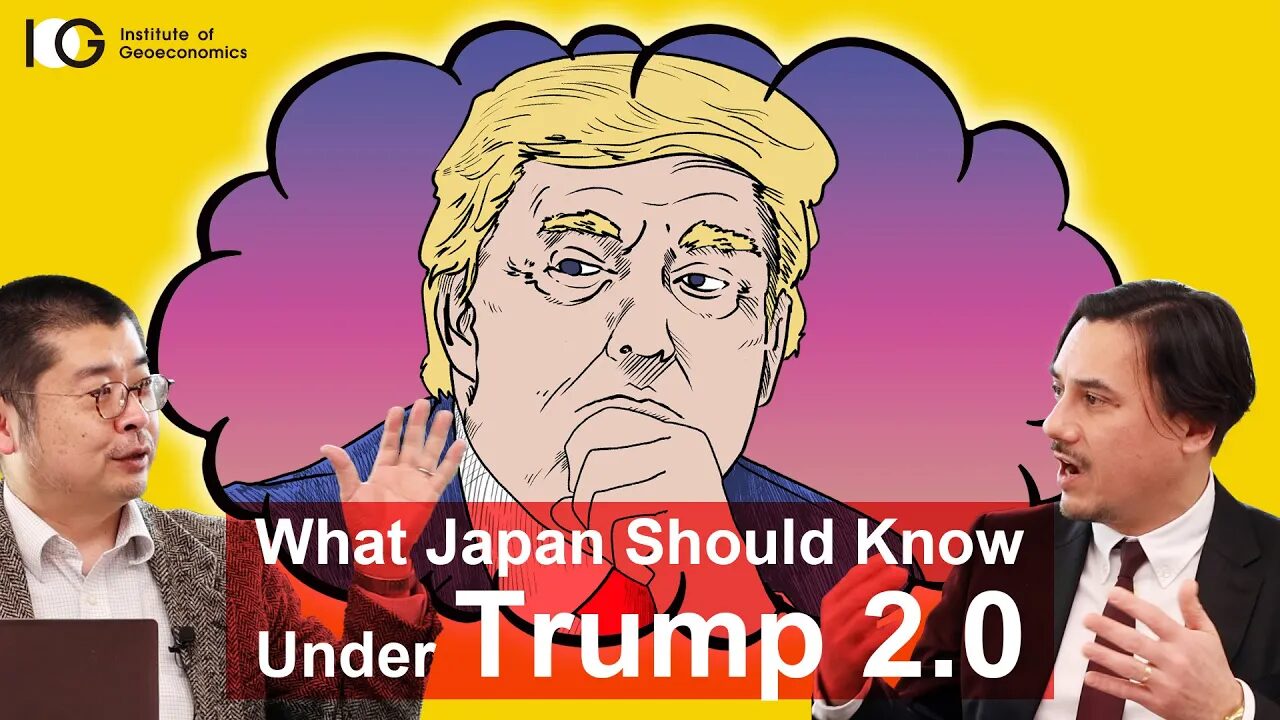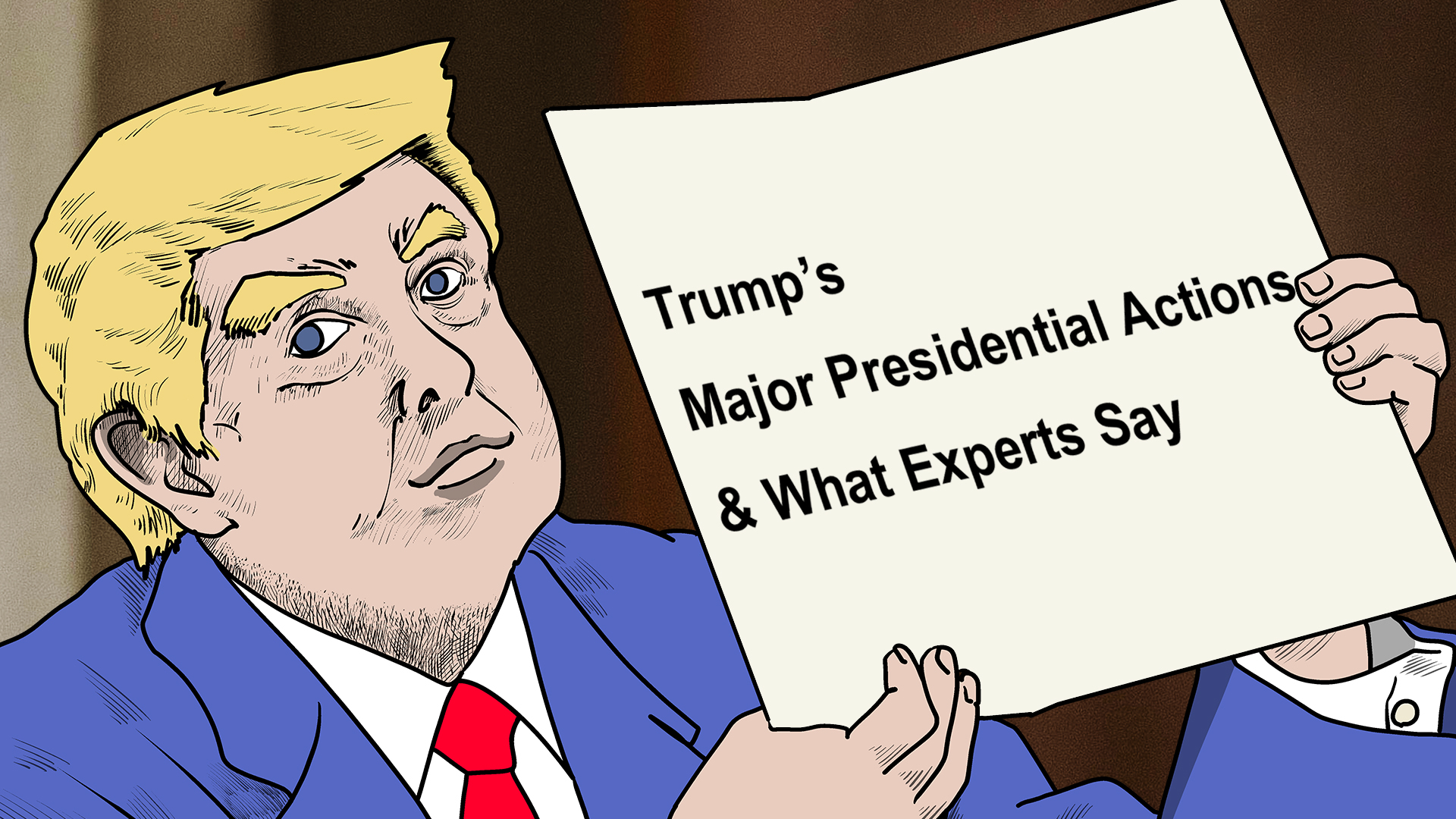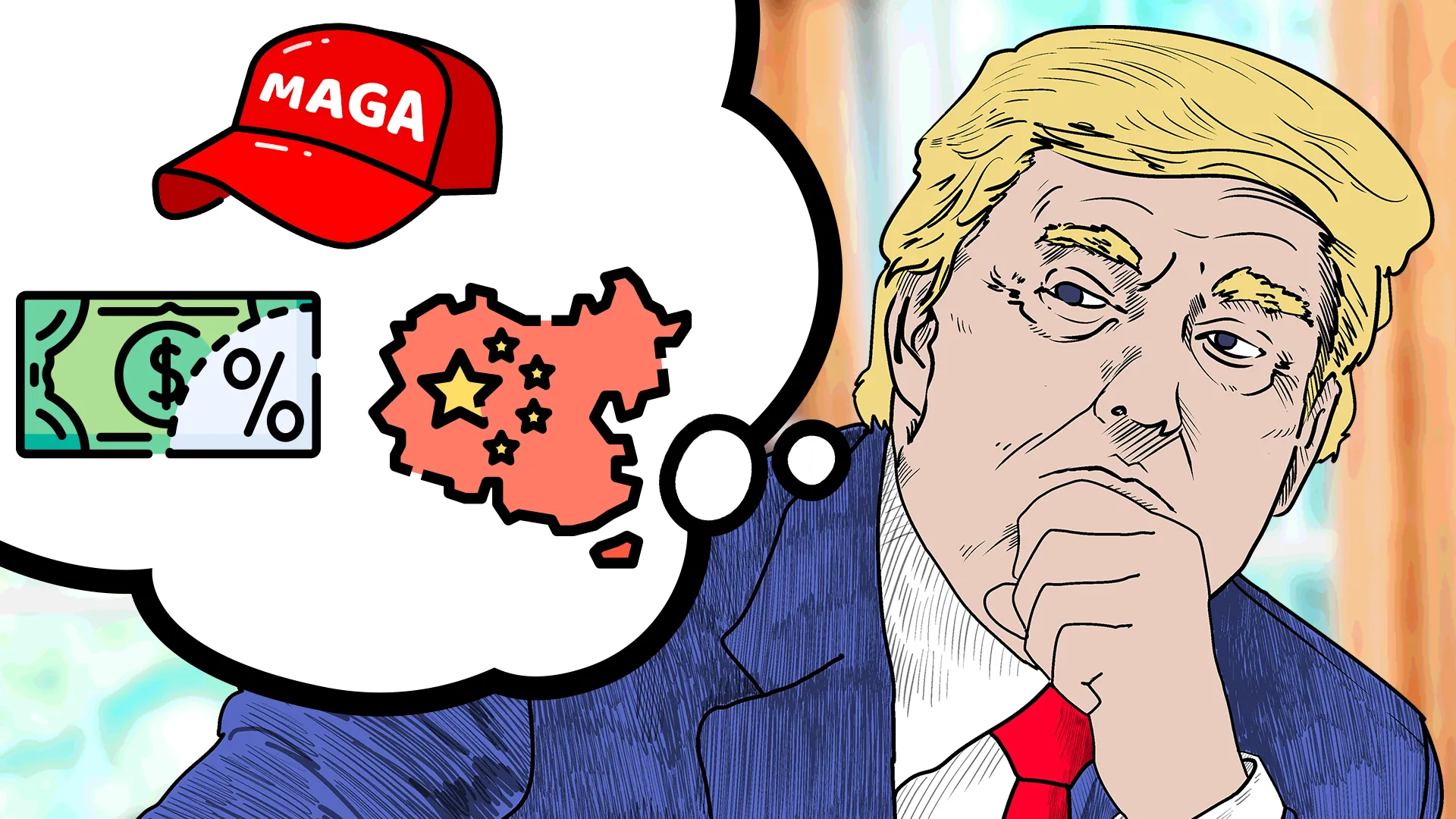Challenges await EU over continued assistance to Ukraine
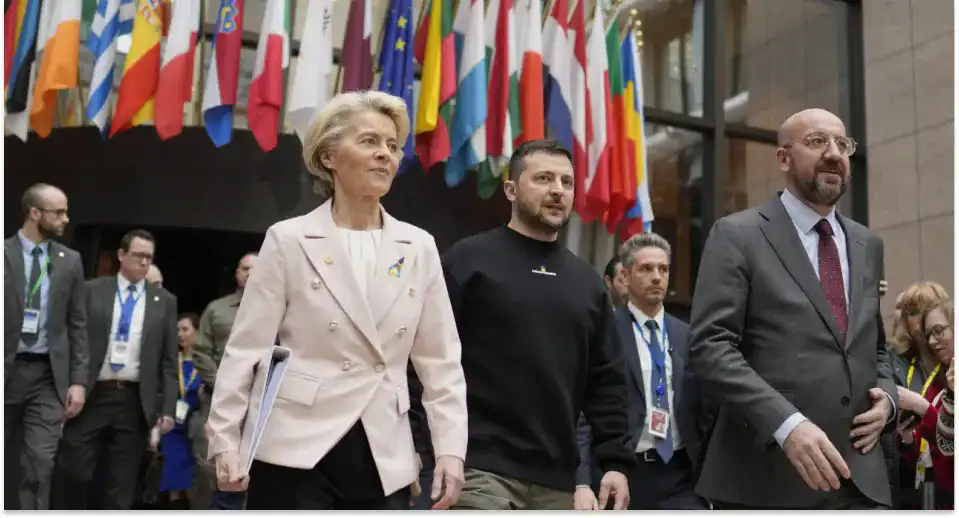
In order to unite the G7 countries in supporting Ukraine, it is vital for Japan, as the chair of the G7 summit in May, to understand the position of European nations. The summit will be attended by the presidents of the European Commission and the European Council in addition to leaders from seven countries, four of which are European.
The European Union has remained a primary supporter of Ukraine by providing ongoing aid. Yet, the EU is not without its own issues, as its leadership has revealed certain divisions over the ideal shape of international order and its citizens gradually starting to lose interest in the war.
This article will explore how the EU should steer its way while considering both the positive and negative sides of its assistance to Ukraine.
Emotion and reasoning
Immediately after Russia launched its invasion of Ukraine on Feb. 24 last year, the EU strongly condemned Moscow for the “illegal and unprovoked attacks on a sovereign state.”
The EU and its member states also implemented sanctions against Russia while offering assistance to Ukraine. Together they have contributed €1.8 billion in humanitarian aid, emergency assistance and crisis response, as well as €3.6 billion in financial support toward arming Ukraine.
The European stance will greatly influence the future direction of the international community‘s aid to Ukraine and also the direction of the war.
However, the sanctions against Russia and massive spending have created their own burdens on the EU and its member states, raising the question of whether they can continue assisting Ukraine.
Michito Tsuruoka, an associate professor at Keio University, points out in his 2023 book, whose title translates roughly as “Invasion of Ukraine as a European War,” that emotion and reason will influence the decision to continue assisting Ukraine. This indicates that it is essential for Japan to consider both facets of the EU — the strong impulse to assist Ukraine in light of Russia’s brutal invasion, and the strategic reasoning of providing aid to Ukraine in order to mitigate any potential risks beyond the country.
The shape of international order
One year after the war began, the EU and its member states have maintained their support to Ukraine and have even strengthened some of their measures.
Nevertheless, it is crucial to acknowledge that, as the war becomes prolonged, discontent with European support for Ukraine has mounted in some parts of the region, causing a divide within the EU.
Of particular significance is Hungary’s dissatisfaction over sanctions against Russia and assistance to Ukraine. For example, Hungarian Prime Minister Viktor Orban, in his state of the nation address in February, highlighted that the sanctions in 2022 had taken “4000 billion forints out of the Hungarian people’s pockets.”
That said, Orban has repeatedly criticized the EU since the beginning of the war.
Also, given the Hungarian economy’s dependence on the EU, he is likely making such criticisms only as a bargaining tool for Hungary to secure favorable conditions regarding the EU’s aid to Ukraine.
Hungarian President Katalin Novak, who was elected the country’s president in May 2022, publicly condemned Russia’s invasion of Ukraine and endorsed Kyiv’s aspirations to join the EU. Despite Orban’s persistently confrontational stance against the EU’s policies, Novak’s ostensible pro-EU position may serve to relieve some of the international pressures that Orban’s government is facing.
However, behind Hungary’s actions, there are serious underlying concerns regarding its perception of the current and future international order. Hungarian Cabinet officials, notably the prime minister, have made statements that can be interpreted as giving a tacit endorsement to Russia’s invasion of Ukraine.
“The war in Ukraine is not a war between the armies of good and evil,” Orban said. “We want to continue to make friends, not enemies.”
The statements were apparently rooted in Orban’s policy of prioritizing Hungary’s national interests, but diverge significantly from the majority of the EU’s member states.
Why is this a serious concern for the EU? Firstly, compared with past wars, it is quite evident which country deserves the blame for the current war. Russia’s efforts to undermine the rules-based international order established by the global community have become increasingly apparent. Secondly, the shift from a “rules-based international order” to a “coercion-based international order” is not a development that small and medium-sized European nations ought to welcome.
Declining interest
In addition, interest in the war among European citizens is declining and momentum for assisting Ukraine is gradually weakening, even though the war has not yet approached a critical threshold.
According to a survey by French research firm Ipsos conducted in 28 countries including nine EU member states between late November and early December last year, the percentage of people who said they closely follow news about the invasion of Ukraine dropped by 5 percentage points from March-April 2022 in both Germany and France, and by 2 percentage points in Poland. The average among the 28 countries showed a 2 percentage point decrease. So it is not just the so-called Global South that is growing weary of the war, but such sentiments can also be seen in Europe.
Regarding support for refugees from Ukraine, a Eurobarometer survey published by the European Commission in February 2023 showed that 88% of respondents in EU countries are in favor of welcoming into the EU people fleeing the war.
While the figure remains high, it dropped by 2 percentage points from the survey published in September.
“The end of this war and its circumstances depend on the world’s attention,” Ukrainian President Volodymyr Zelenskyy said to participants in a video address at the Cannes Film Festival in France last year.
As he emphasized, weakening interest and growing exhaustion among European citizens could become a factor that may slow the implementation of any additional EU assistance to Ukraine or further sanctions against Russia.
Careful and bold
If European leadership is divided over its vision and if its citizens begin to lose interest in supporting Ukraine, it will be difficult for the G7 to remain united and continue supporting Ukraine. Japan should acknowledge the fragility in Europe’s unity regarding the Russia-Ukraine war, at both the governmental level and citizen level.
At the intergovernmental level, there appear to be some conflicting perceptions regarding ideal future of the international order. At the civic level, waning engagement with the conflict and an increasing sense of exhaustion may weaken European unity.
How should the EU address these challenges?
First, it is essential for European leaders to engage in ongoing dialogue to collaboratively construct a rules-based international order, while carefully addressing their divergent views over the Russian invasion of Ukraine.
As outlined in Articles 2 and 3 of the Lisbon Treaty of the European Union, the fundamental values of “democracy” and “rule of law,” as well as the EU’s aspirations to foster peace, are robust.
Nevertheless, efforts to simply champion these values and principles may elicit resistance from leaders from Hungary and other states.
For rebuilding the rules-based international order, it is necessary to continue with a careful dialogue that shares a common recognition on the long-term costs of the invasion.
To deal with declining interest among European citizens, it is also vital to continue making an emotional appeal to people on the need to unite in support of Ukraine. The lack of such constant impactful messages and bold measures may lead to a significant risk of apathy and disinterest.
It depends on how strongly global leaders can condemn Russia and continue releasing specific support measures for Ukraine in joint statements and communiques at events such as the G7 Hiroshima summit in May.
Amid the prolonged the war in Ukraine, the EU needs to take the helm carefully but boldly.
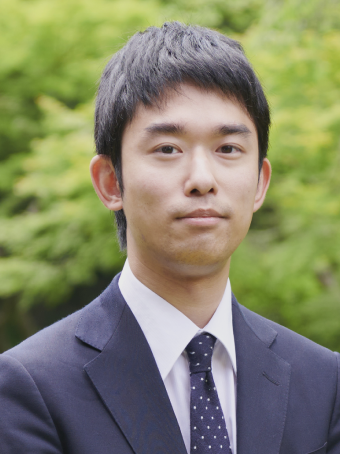

Research Fellow,
Digital Communications Officer
Yusuke Ishikawa is Research Fellow and Digital Communications Officer at Asia Pacific Initiative (API) and Institute of Geoeconomics (IOG). His research focuses on European comparative politics, democratic backsliding, and anti-corruption. He also serves as External Contributor for Transparency International’s Anti-Corruption Helpdesk, and as Part-time Lecturer in European Affairs at the Department of Economics and Business Management, Saitama Gakuen University. Prior to his current roles, he was Research Associate at IOG and API, contributing to its translation project of Critical Review of the Abe Administration into English and Chinese. Previously, he has worked as Research Assistant for API's CPTPP program and interned with its Fukushima Nuclear Accident and Abe Administration projects. His other experience includes serving as a full-time research intern at Transparency International Hungary and as a part-time consultant with Transparency International Defence & Security in the UK. His publications include NGOs, Advocacy, and Anti-Corruption (Routledge, 2025) and A Dangerous Confluence: The Intertwined Crises of Disinformation and Democracies (Institute of Geoeconomics, 2024). He has been featured in national and international media outlets including Japan Times, NHK, TV Asahi, Neue Zürcher Zeitung (NZZ), Handelsblatt, and Expresso. He received his BA in Political Science from Meiji University, MA in Corruption and Governance (with Distinction) from the University of Sussex, and another MA in Political Science from Central European University. During his BA and MAs, he also acquired teacher’s licenses in social studies in secondary education and a TESOL (Teaching English to Speakers of Other Language) certificate. [Concurrent Positions] Part-time Lecturer, Department of Economics and Business Management, Saitama Gakuen University External Contributor Consultant, Anti-Corruption Helpdesk, Transparency International Secretariat (TI-S)
View Profile The Lessons of the Nippon Steel Saga2025.07.08
The Lessons of the Nippon Steel Saga2025.07.08 From dollar hegemony to currency multipolarity?2025.06.25
From dollar hegemony to currency multipolarity?2025.06.25 The Big Continuity in Trump’s International Economic Policy2025.06.11
The Big Continuity in Trump’s International Economic Policy2025.06.11 India’s Strategic Autonomy in a Trumpian World2025.07.11
India’s Strategic Autonomy in a Trumpian World2025.07.11 The Tyranny of Geography: Okinawa in the era of great power competition2024.02.09
The Tyranny of Geography: Okinawa in the era of great power competition2024.02.09




